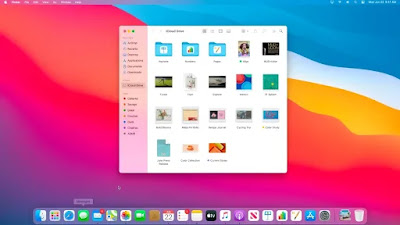You might be surprised that people continue to use Microsoft Internet Explorer but, these days, there are people that will never have used it. Since I registered www.leighspence.net, Internet Explorer accounts for only 1.3% of all access to this site so far – two thirds of access was made by Safari for iOS and iPadOS, distantly followed by Google Chrome, Mozilla’s Firefox and the desktop version of Safari. Hardly anyone used Opera to access this site, despite it now being used on more desktop computers than Internet Explorer, which held a 95% share of all desktop computer web browsing in 2003.
I have only just found out that Microsoft is finally withdrawing Internet Explorer on 15th June 2022 – people who upgraded to Windows 11 have already found it has disappeared, and it will not work if a re-download is attempted, but considering the last major update to the browser was made in 2013, you are only looking to continue using it if you need it. Microsoft’s other browser, Edge, retains an “Internet Explorer” mode so people can continue to access older systems, in some cases the server access sites they need to continue working from home. My moving from PC to Mac means that compatibility issues are both expected, and accounted for – if I work from home, signing into one web page starts a program that will bridge any gaps between my computer and the server at work – but forcing progress on PCs has been slow.
The “Internet Explorer” mode on Edge was meant to have been provided from 2015, when Windows 10 and Edge first appeared, before it was decided to push the browser as the new one that people should be using, despite the untidy situation created of supplying an operating system with two web browsers. What causes the difference is the browser engine used, which renders the HTML code used by the browser into a viewable page: Internet Explorer used its own proprietary engine, MSHTML, while Edge, which originally also used its own engine, now uses an open-source engine also used by Google Chrome, Opera, Amazon and Samsung. Decisions on which engine to use determine how the internet develops, as proved when Apple announced they would not support the Flash plug-in on its browsers in 2011, forcing developers to use alternatives for web graphics.
I know I can download any browser I want, but I use Safari on my phone and computer because it was simply the browser those devices came with, and I have not had a specific reason to need a different one. In bundling Internet Explorer with later updates to Windows 95, then Windows 98 onwards, and insisting new computers using Windows came with the software, Microsoft created the impression that a web browser is part of your device’s operating system, before it became the most used part of it. Even if Windows is not the only operating system anymore, and a PC is not the only computer, this perception persists, as viewers to my site have perhaps proven.





